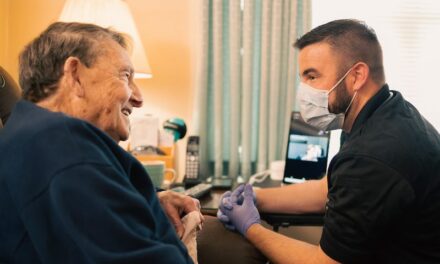The U.S. FDA has informed healthcare providers and facilities about the potential for exposure to airborne chemicals that may be released from neonatal incubators.
The FDA says it is evaluating published literature that reports elevated levels of formaldehyde, cyclohexanone, and other volatile chemicals (such as human-made chemicals used and produced in manufacturing) from neonatal incubators. Potential sources of these airborne chemicals include materials used to make neonatal incubators as well as natural and human-made sources external to the incubator.
Further reading: Kids on Ventilators at Risk of Eardrum Fluid Buildup
The FDA is working with incubator manufacturers to collect and evaluate data from their products to determine whether these airborne chemicals are released, and if so, the amount of exposure and the potential risks to health from such exposure, if any, for newborns and others (such as health care providers). Currently, the FDA is not aware of any reported adverse events related to the use of neonatal incubators and exposure to these airborne chemicals.
At this time, the FDA has made several recommendations for healthcare providers and facilities, following its outreach, including:
- Continue to use neonatal incubators. The FDA recognizes that incubators are critical for infants less than four weeks old who cannot maintain their body temperature.
- Be aware that the FDA is working with manufacturers to understand the potential for exposure to airborne chemicals (formaldehyde, cyclohexanone, and other volatile chemicals) that may be released from neonatal incubators, potential health risks, and mitigation strategies, if needed.
- While the FDA further evaluates this issue, as an interim precautionary measure, consider running new neonatal incubators prior to use with patients for a week in a well-ventilated space using clinically relevant conditions for temperature and humidity, as the release of these airborne chemicals may decline over time.




